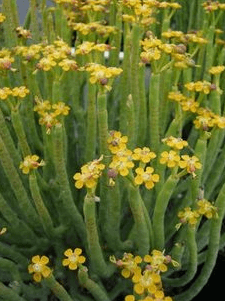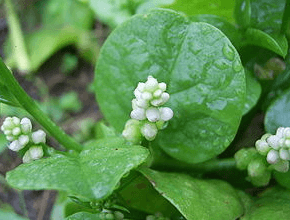Health benefits of Turmeric
The root has been in use since antiquity for its anti-inflammatory (painkiller), carminative, anti-flatulent and anti-microbial properties.
The herb contains health benefiting essential oils such as termerone, curlone, curumene, cineole, and p-cymene.
Curcumin, a poly-phenolic compound, is the principal pigment that imparts deep orange color to the turmeric. In vitro and animal studies have suggested the curcumin may have anti-tumor, antioxidant, anti-arthritic, anti-amyloid, anti-ischemic, and anti-inflammatory properties.
This popular herb contains no cholesterol; however, it is rich in anti-oxidants and dietary fiber, which helps to control blood LDL or “bad cholesterol” levels.
It is very rich source of many essential vitamins such as pyridoxine (vitamin B6), choline, niacin, and riboflavin, etc. 100 g herb provides 1.80 mg or 138% of daily-recommended levels of pyridoxine. Pyridoxine is used in the treatment of homocystinuria, sideroblastic anemia and radiation sickness. Niacin helps prevent “pellagra” or dermatitis.
Fresh root contains very good levels of vitamin-C. 100 of root compose of 23.9 mg of this vitamin. Vitamin C is a water-soluble vitamin and a powerful natural anti-oxidant, which helps the body develop immunity against infectious agents, and remove harmful free oxygen radicals.
Turmeric contains very good amounts of minerals like calcium, iron, potassium, manganese, copper, zinc, and magnesium. Potassium is an important component of cell and body fluids that helps controlling heart rate and blood pressure. Manganese is used by the body as a co-factor for the antioxidant enzyme, superoxide dismutase. Iron is an important co-factor for cytochrome oxidase enzymes at cellular level metabolisms and required for red blood cell (RBC’s) productions.
Turmeric is one of the readily available, cheap herbs that contain notable phyto-nutrients profile. At 159277 µmol TE/100 g, its total-ORAC value or anti-oxidant strength is one of the highest among known herb and spice species.
100 g of turmeric provides : 53% of dietary fiber, (% of Recommended Daily Allowance, RDA per 100 g) 138 % of vitamin B-6 (pyridoxine),
32% of niacin,
43 % of vitamin C,
21 % of vitamin E,
54 % of potassium,
517 % of iron,
340 %of manganese and
40 % of zinc.
but 0% cholesterol.
Just a few grams of turmeric per day either in the form of powder, crushed root or fresh root can provide enough nutrients to help you keep away from anemia, neuritis, memory disorders and offer protection against cancers, infectious diseases, high blood pressure and strokes.




